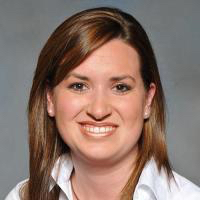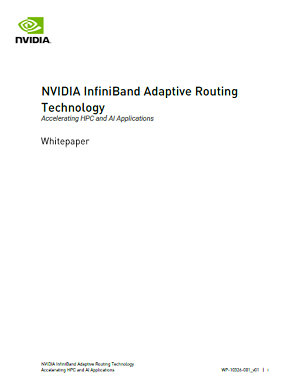Boulder, CO – Dr. Amanda Randles, Duke University assistant professor of biomedical and computer sciences and a leading expert in high performance computing (HPC and biomedical engineering, will be the opening keynote speaker for the 11th annual Rocky Mountain Advanced Computing Consortium’s (RMACC) High Performance Computing Symposium in May.
Dr. Randles will speak on “The role of massively parallel computing in personalized blood flow modeling” on Wednesday, May 19, the opening speaker of the second straight virtually presented symposium. The symposium – featuring two keynote speakers and a slate of tutorial sessions and panel discussions – will be offered free. Registration will open in March.
Her research work in biomedical simulation and high performance computing focuses on the development of new computational tools that help provide insight into the localization and development of human diseases. But her recent efforts have turned to the COVID-19 crisis. With hospitals facing an emergency shortage of ventilators, one of her Duke colleagues developed a Y-shaped device – called a ventilator splitter and resistor system – to help deal with that shortage.
Dr. Randles and her research team stepped in to assist, creating software for the system using airflow simulations so it could be customized for patients, a customization crucial to making sure patients get the correct amount of oxygen. Working in conjunction with Microsoft, the device has now been submitted to the U.S. Food and Drug Administration (FDA) for emergency use authorization.
Her earlier work has earned many awards and honors. In 2017, the ACM presented her with its Grace Murray Hopper Award after she created computer code that can model the entire arterial system at a subcellular resolution, something that can help show areas in the body where vascular disease may occur. MIT Technology Review named her one of 2017’s “Innovators under 35” and a “visionary” for that work. Randles and her Duke team recently introduced a graphical user interface for the system to make it more accessible to both the sciences and medicine.
The Alfred Winborne and Victoria Stover Mordecai Assistant Professor of Biomedical Sciences, Randles holds joint appointments in the Biomedical Engineering and Computer Science departments. She also is a member of the Duke Cancer Institute and is a Senior Member of the National Academy of Inventors.
Primarily a volunteer organization, the RMACC is a collaboration among 31 academic and research institutions located in Arizona, Colorado, Idaho, Montana, Nevada, New Mexico, Utah, Washington and Wyoming. To learn more about the RMACC and its mission, visit the website: www.rmacc.org/
source: RMACC




